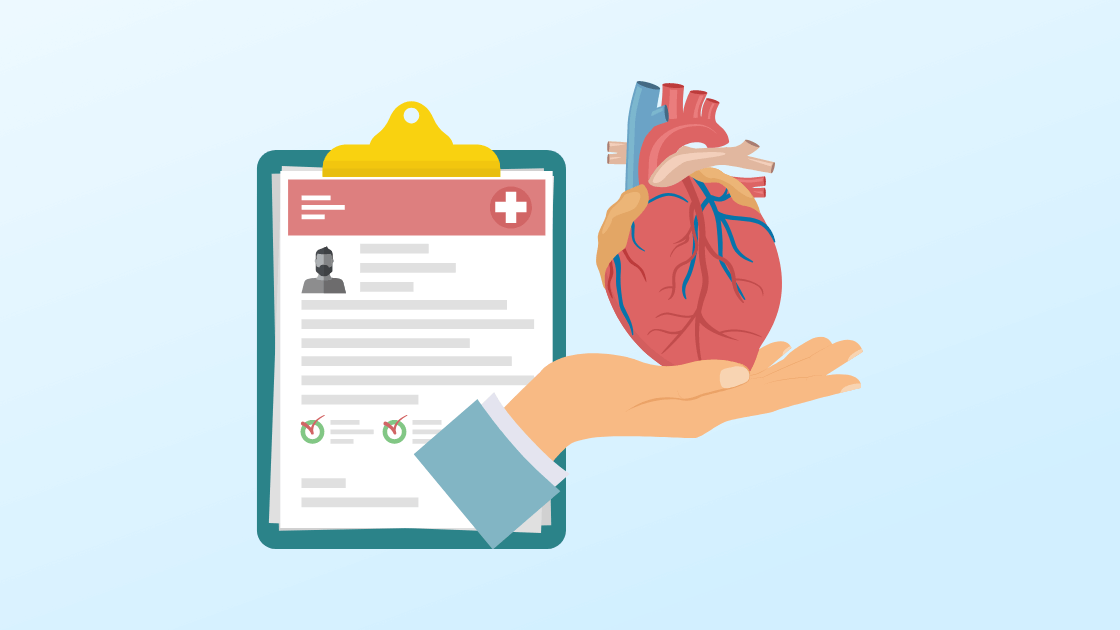When you donate your body to science, your entire remains are committed to the medical community for research that can help future generations. If you qualify for the program up until your time of death, you receive cremation services at no charge in return for your donation. Medical schools, hospitals, or research organizations often seek whole-body donations.
Body donations play a critical role in furthering medical research as they provide a means for future doctors in medical school and other medical researchers to study and learn more about the body. If you would like that to be your legacy, now is the time to plan ahead to donate your body to science.
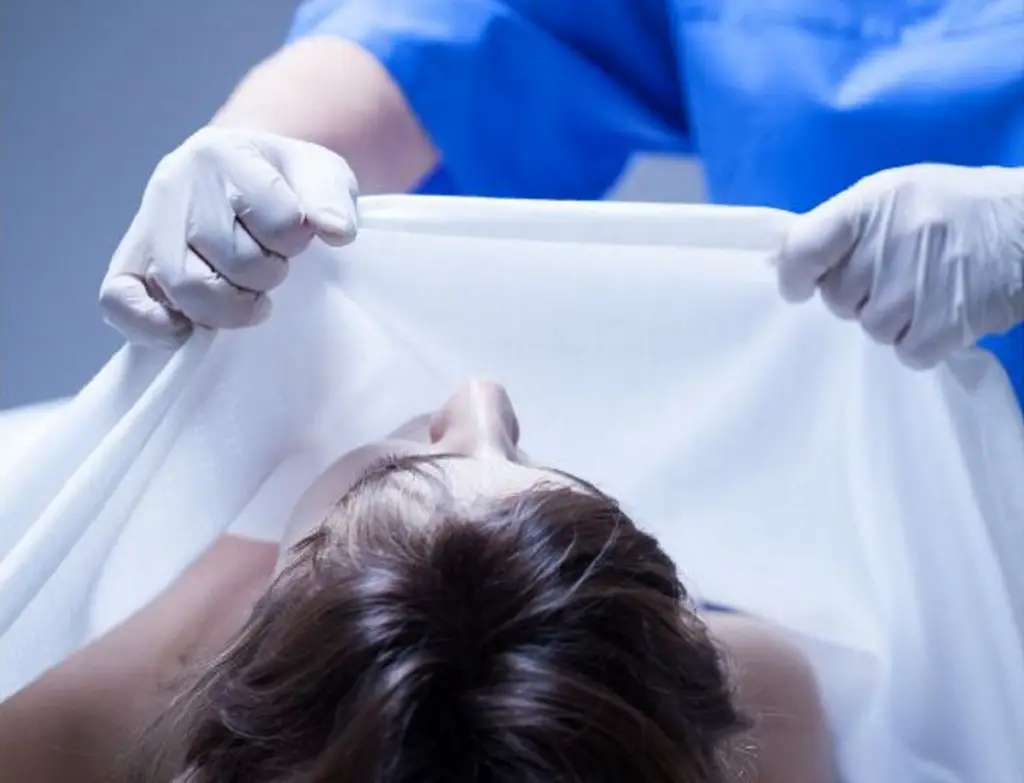
Table of Contents
Why Donate Your Body To Science?
Something as simple as signing up for a body donation program can make a major difference in a multitude of lives as you help further medical education and improve health care and patient care for people all over the world.
Are there any tangible benefits to you if you donate your body to science? If you are a body donor, are you depriving your family of the closure offered by a funeral or memorial service upon your death?
Participants not only help medical science but they are afforded free cremation services once the medical school or research center has finished their work with their donated body.
The family can still have a memorial service even though a viewing with an open casket is not an option. Cremated remains may not be available for weeks or even years, depending on the program.
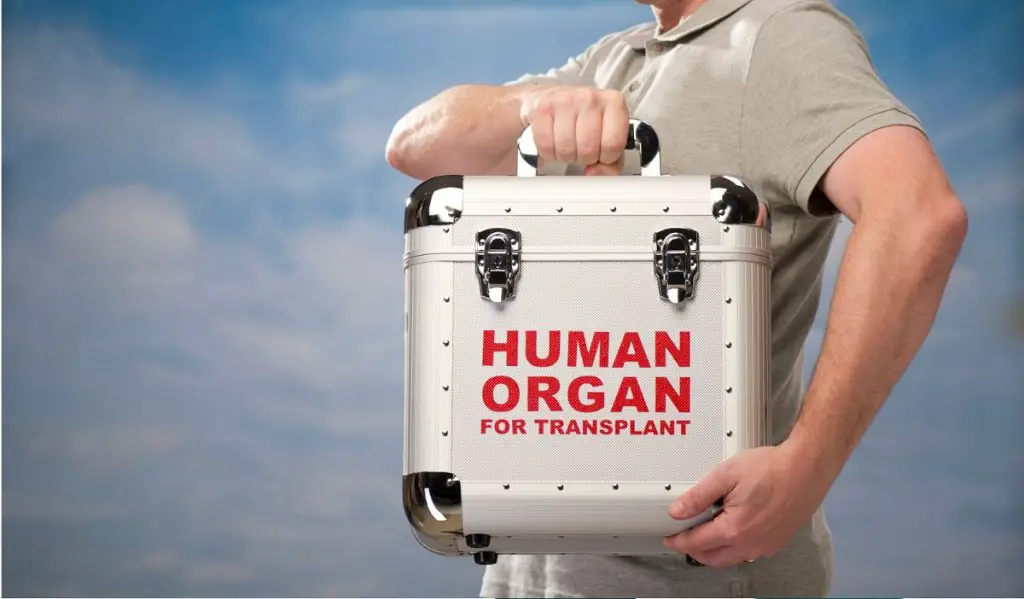
How Does Donating Your Body Differ From Organ Donation?
When you donate your body to science, you are participating in something very different than just organ donation, which can be done even with living donors.
Signing up to be an organ donor means that your organs are taken out of your body while you are still living as you are matched with someone in need of an organ transplant. This is a well-known process that is often glamorized due to the testimonies and stories that often come from these donations.
Many people, however, want to donate their usable organs upon their death. If someone has not declared their desire to be an organ donor, hospital personnel may ask their family for permission to take needed organs, cornea, or skin, especially if there is an urgent need for specific organs or tissue donations at the time the person dies.
When organs are taken after death, the remains are returned to the family for cremation or even burial with an open casket. There is no charge to the family for the procedure, but they are still responsible for pre-death medical expenses and funeral arrangements.
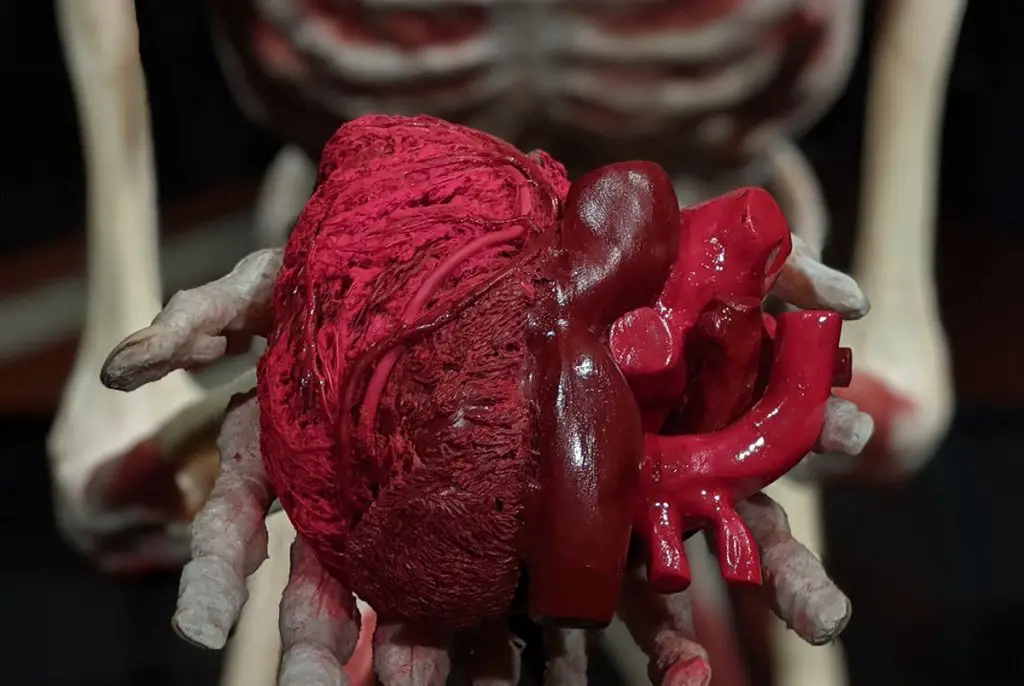
Even those who can’t qualify for whole body donation can donate their usable organs and help many in the process. Some organs, such as the heart, cannot come from a living donor.
Those who want to be living donors are excluded if they have actively-spreading cancer, HIV, or severe infection. After death, these conditions or others such as diabetes, heart disease, or kidney disease may be a barrier.
How Donated Bodies Help
Becoming a whole-body donor is less publicized.
Whole-body donations only occur after someone has passed away, as the entire body can be used for scientific research. This eliminates the need to be matched up with a recipient. Instead, donors can sign up as long as there is a need for bodies at the time.
This process is very helpful for medical students and scientific researchers, as different kinds of infectious diseases and aspects of the body can be studied in detail.
Instead of saving a life or two through an organ donation, being a whole-body donor can contribute to ground-breaking research that can impact many people at one time.
Can Anyone Donate Their Body?
When you want to donate your body to science, the standards are lower than for an organ donor. When it comes to organ donation, the organs and daily habits of the donor have to be healthy to ensure that the person that receives the donation will get a functioning organ.
Various things such as smoking or having certain viral diseases can cause someone to be considered unhealthy and not a fit to be an organ donor. Additionally, you often must be a match for someone to be able to donate.
Whole-body donors have less stringent standards, and most people are eligible, barring some diseases or needle-involving drug use.
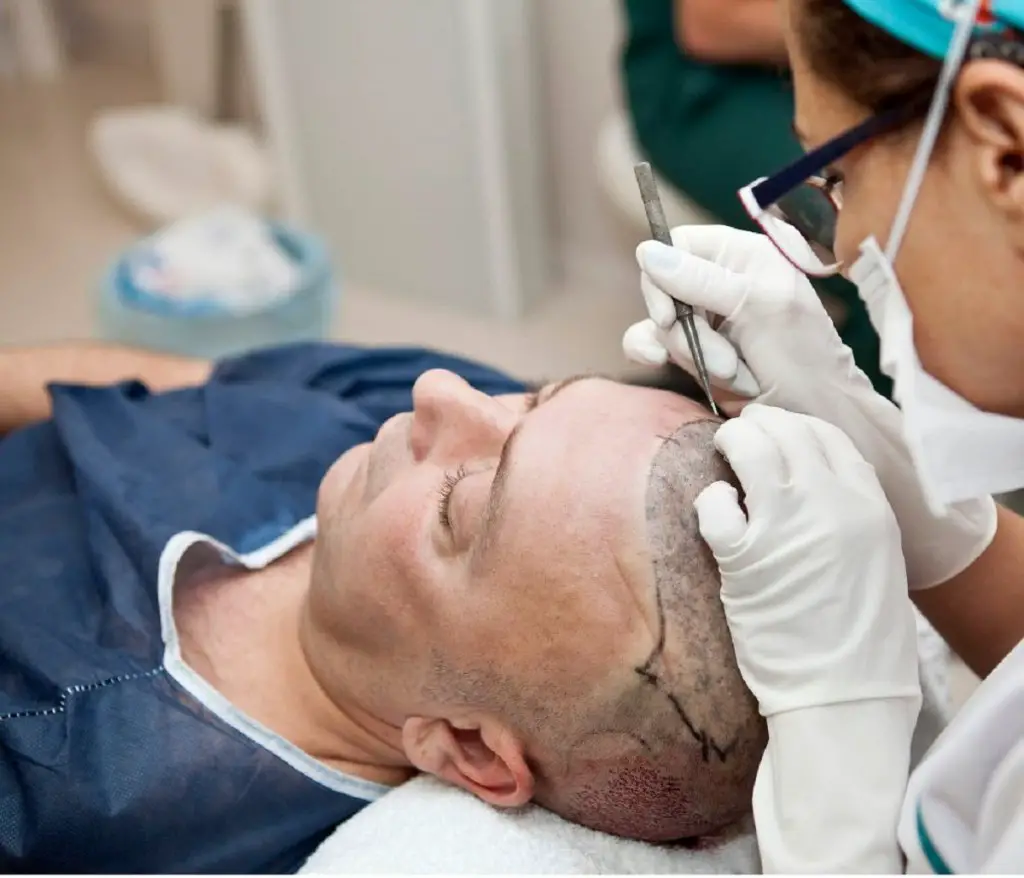
What Are The Steps In The Donation Process?
The steps involved in the donation process are simple. To get signed up to donate your body to science, you must register with a specific program. There are several different programs that you are able to choose from, and often just getting in touch with a local hospital is best.
Another option for people is to look into local medical school programs to see if they have a need for whole-body donors.
In contrast, organ donors often just have to sign up through the Department of Motor Vehicles when they receive their license.
Donations can take place after passing as well, as the next of kin needs to get in contact with the proper medical programs or hospital and okay the transaction.
What Can Disqualify You At Various Stages?
After registration, the donation program will tell you if you are accepted and send you registration cards that you can forward to loved ones who might later need to make arrangements to deliver your deceased body to the program.
A few things can disqualify an individual from becoming a whole-body donor:
- HIV/AIDS
- Hepatitis B or C
- COVID-19 (symptoms, exposure, or diagnosis)
- Extremely high or low body mass index (BMI)
- Other infectious diseases
If someone is accepted into the program, their body may be rejected if they have developed any condition that disqualifies them.
Other barriers to acceptance at their time of death include:
- Consent issues
- Location of residence or passing
- Legal issues,
- Condition of the body at the time of passing
- Any inability to place the donation with current medical research or education projects at the time of passing
Having a standard physique may ensure the best chance of acceptance, but often clinics are far from picky.
Program guidelines may vary. Some special programs will accept those who are terminally ill or under hospice or palliative care. While potential donors were are overly obese or emaciated may not qualify for most programs, the requirements might change depending on the studies underway.
On occasion, there may be an excess of potential donors in a donor program, to the point that further donations are not needed at that time. If that is the case, there are always other clinics or facilities in your local area that could take in a donation, so it is helpful to look around.
What Compensation Do You Receive?
No outright compensation is provided for people who donate their bodies to science.
Often, clinics and hospitals may offer reimbursement for the donor’s family for travel expenses related to the human body, funeral home expenses, and cremation and return of any remains. The program will also file for the death certificate.
Often, donating a body to science has much more to do with a humanitarian desire to further medicine or science. Being compensated for doing so is unusual.
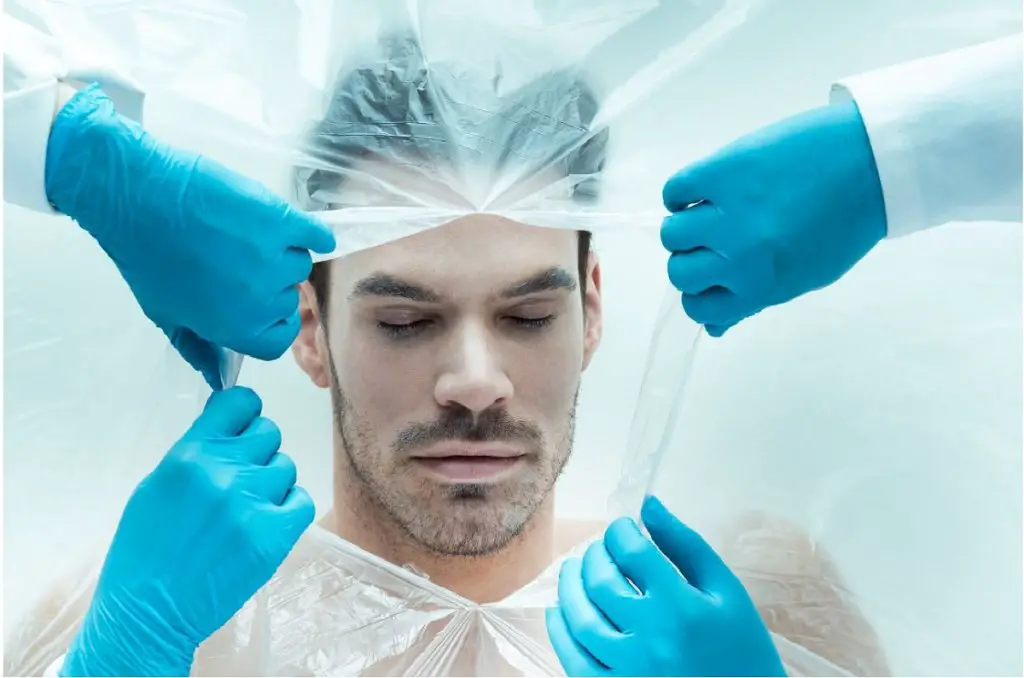
Where Can You Donate Your Body?
A variety of donation organizations and training programs will take a whole-body donation.
Large clinics, such as the Mayo Clinic, are always an option, but so are local medical schools and local hospitals as well.
Non-profit organizations such as Science Care can preregister people in many states, while other groups such as Anatomy Gifts Registry, United Tissue Network, and Research for Life offer options for body donation as well.
Checking in and seeing if programs in your area have a need for whole-body donations is best, as there are often a variety of facilities that can take them in.

